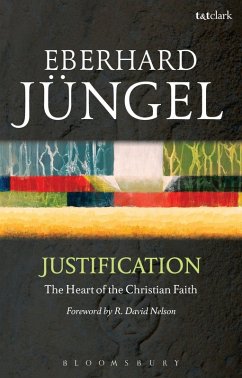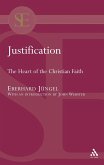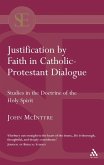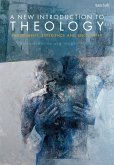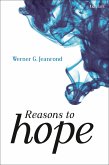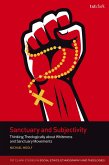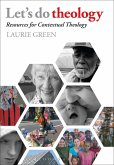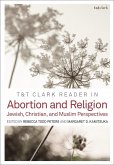This significant work, precipitated by the Lutheran-Roman Catholic Joint Declaration on the doctrine of justification, represents Eberhard Jüngel's most sustained theological writing for some time. Jüngel examines the role of justification in Christian faith - and emphasises its central importance. He traces the history of the concept of 'justice' in Greek thought, and of the Old Testament parallel concept 'righteousness'. He then moves on to a consideration of the righteousness of God in its Christian context, and in particular to God's righteousness in Christ. A major contribution to theological discussion is found in his fresh and fearless treatment of the unfashionable topic of sin. Throughout the work, Jüngel constantly interacts with the great Catholic and Protestant thinkers, his skill as a theologian matched by his insight as a philosopher.
Bitte wählen Sie Ihr Anliegen aus.
Rechnungen
Retourenschein anfordern
Bestellstatus
Storno

